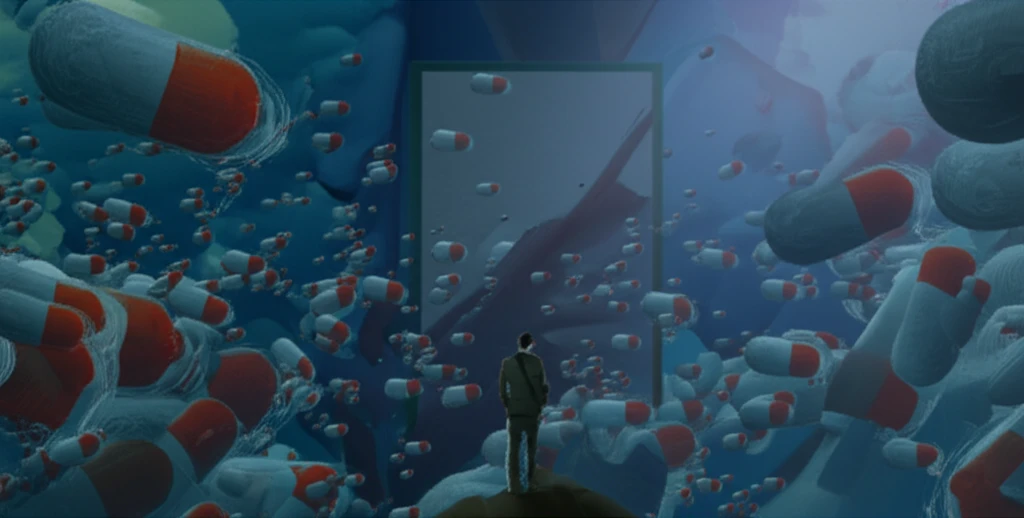
Doctor-Patient Relationships: Are Medical Students Too Cozy with Pharma?
"New study reveals the concerning trends of pharmaceutical industry influence on future doctors. Learn how these interactions can impact patient care and what's being done to address it."
The relationship between doctors and pharmaceutical companies has always been a delicate balance. On one hand, pharmaceutical companies play a crucial role in developing life-saving medications and treatments. On the other hand, their primary goal is to sell those products, which can sometimes lead to conflicts of interest. But what happens when these interactions begin even earlier, during medical school? A new study sheds light on the interactions between Japanese medical students and the pharmaceutical industry, raising concerns about potential influences on future medical practice.
Studies across the globe have highlighted that the pharmaceutical industry frequently engages not only with practicing physicians but also with medical students. This early exposure is particularly concerning because trainees and students are more vulnerable to the influence of these interactions. There are fears this may lead to compromised prescribing habits further down the line, where students may be more likely to prescribe medication from companies that have engaged and courted them.
Recognizing these risks, regulatory bodies and medical organizations have attempted to set boundaries. For example, in 2013, the Japan Pharmaceutical Manufacturers Association revised its promotion code to specify limits on promotional aids. But have these measures been effective? A follow-up survey aimed to investigate whether Japanese medical students' interactions with the pharmaceutical industry changed between 2012 and 2016. The results might surprise you.
Inside the Study: What Did Researchers Find?

Researchers solicited participation from medical schools across Japan, administering anonymous surveys to medical students between May 2016 and March 2017. The survey explored the nature and frequency of their interactions with pharmaceutical companies. The data was then compared to a previous study conducted in 2012 to identify any shifts in these relationships.
- High Acceptance Rates: Over 98% of clinical students reported having accepted stationery, brochures, or lunch from pharmaceutical companies.
- Increased Interactions: A significantly higher percentage of clinical students accepted these items in 2016 compared to 2012.
- Textbook Boost: Ten percent more students had received a textbook from pharmaceutical companies in 2016 than in 2012.
Why Does This Matter?
The increasing interactions between medical students and pharmaceutical companies can have lasting consequences on patient care and the integrity of the medical profession. As future doctors, medical students should be trained to make unbiased decisions based on scientific evidence and patient needs, not influenced by marketing tactics or promotional offers. It is essential to promote open discussions and implement stricter regulations to ensure that medical education remains free from undue influence.
